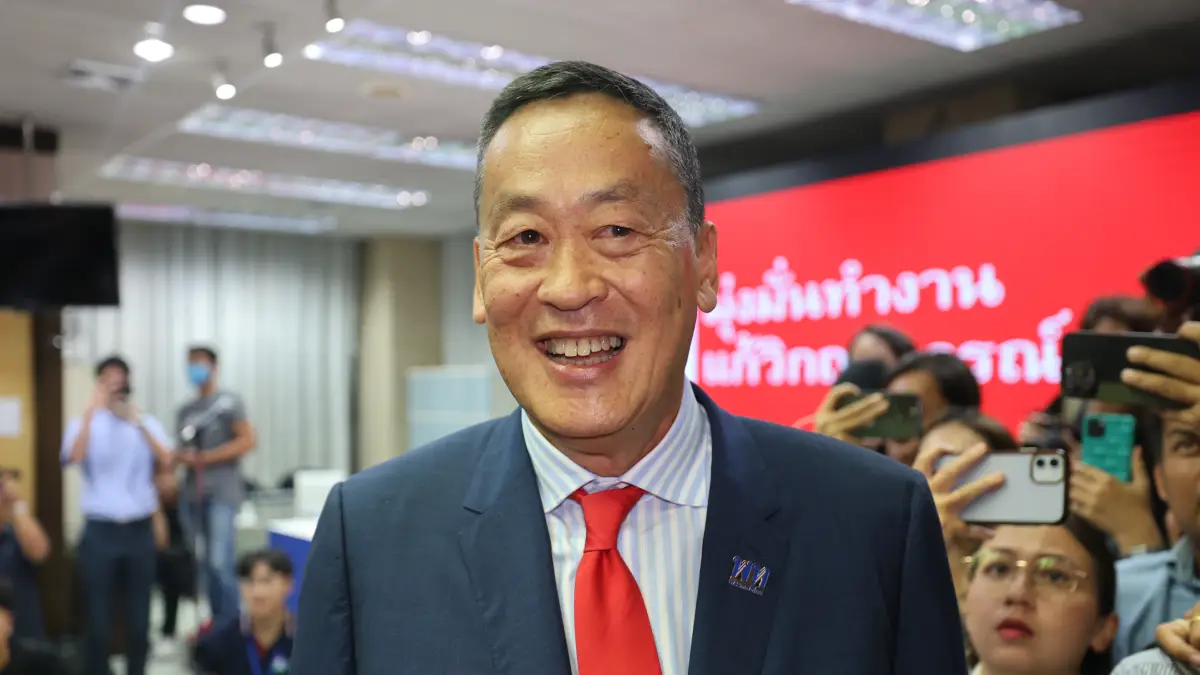Thai Prime Minister Srettha Thavisin found himself at the center of a parliamentary showdown on Monday as opposition lawmakers voiced concerns over the government’s new policy agenda. Critics argue that the proposed agenda lacks clarity and fails to fulfill some of the boldest promises made by his party during the election campaign.
Srettha, a prominent real estate tycoon, assumed the role of prime minister following a parliamentary vote last month. His populist Pheu Thai Party, which secured the second-place finish in the May election, formed a coalition government with parties supported by the military, their long-standing rival.
In his address to parliament on Monday, Srettha outlined key elements of his agenda, including digital cash handouts, efforts to lower energy prices, and relaxation of visa rules to boost tourism.
However, the Move Forward Party, a progressive opposition group that won the election but was prevented from forming a government by army-backed lawmakers, expressed dissatisfaction with the lack of specifics in Pheu Thai’s plan.
“This is aimless. There are no clear goals, no time frame, and no allocated budget,” stated Move Forward legislator Sirikanya Tansakul during a marathon debate scheduled to conclude late on Tuesday. “The policy statement needs to have details; it should not be a wish-list.”
The new government takes charge of an economy expected to grow at a rate of 2.8% this year, a figure lower than the previous forecast of 3.6%.
Srettha, who also holds the position of finance minister, defended his signature policy—a 10,000 baht ($282.09) giveaway through a digital wallet to all Thai citizens aged 16 and above. He emphasized that this initiative would “re-awaken” the economy.
“We will inject capital into all dimensions of the economy, promoting spending, enhancing lives, and creating opportunities for businesses and employment,” Srettha declared, emphasizing the establishment of a digital foundation for the country.
However, questions arose regarding the funding sources for a project with an estimated cost of 560 billion baht ($15.80 billion), including inquiries from Move Forward’s Sirikanya, who questioned whether the political newcomer Srettha intended to “start governing by undermining fiscal discipline.”
Jurin Laksanawisit from the Democrat Party, who recently held the position of commerce minister, inquired about the status of some of the public pledges made during the election campaign. “Although it is not indicated, you promised new graduates a salary of 25,000 Baht,” he pointed out. “Is this a ninja policy that just disappears?”
($1 = 35.4500 baht)









